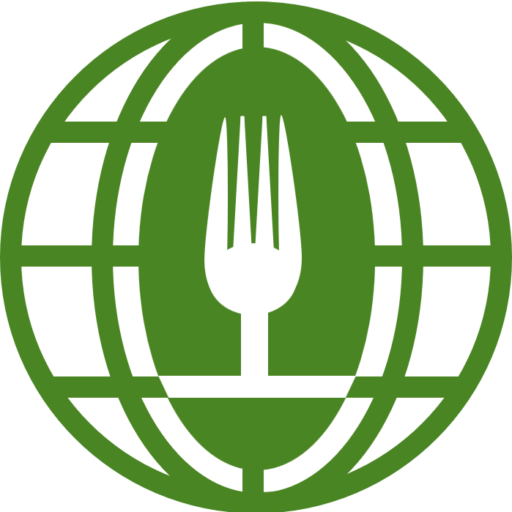
This draft curriculum is designed to provide a comprehensive education in future food trends, covering foundational knowledge, advanced topics, practical experience, and the opportunity for specialization. It should empower graduates to contribute to and thrive in the evolving landscape of the food industry.
Foundation Courses:
Introduction to Future Foods:
- Overview of future food trends and their significance.
- Historical context of food innovation.
- Ethical and environmental considerations in future food development.
Food Science and Technology:
- Fundamentals of food chemistry and microbiology.
- Food processing techniques and technologies.
- Introduction to food safety and quality control.
Sustainable Agriculture and Farming Practices:
- Sustainable farming methods and their impact on future food production.
- Organic farming, permaculture, and urban agriculture.
- Soil health and crop management for sustainable food systems.
Advanced Courses:
Plant-Based and Alternative Proteins:
- The science of plant-based proteins and meat alternatives.
- Cultivated and cell-based meat technologies.
- Market trends and consumer acceptance of alternative proteins.
Food Biotechnology and Genetic Engineering:
- Genetic modification and gene editing in food crops.
- Biotechnology applications in food production.
- Ethical and regulatory aspects of genetic engineering in food.
Food Innovation and Product Development:
- Ideation and innovation in food product development.
- Sustainable packaging and labeling considerations.
- Food entrepreneurship and launching innovative food products.
Cutting-Edge Courses:
Food Robotics and Automation:
- Robotics in food processing and packaging.
- Automation in precision agriculture.
- Future trends in food automation and AI.
Food Waste Reduction and Circular Economy:
- Strategies for reducing food waste in the supply chain.
- Circular economy principles in the food industry.
- Upcycling and repurposing food waste.
Blockchain and Food Traceability:
- Blockchain technology in ensuring food traceability and transparency.
- Supply chain management and food safety using blockchain.
- Case studies of successful blockchain implementation in the food sector.
Practical Experience and Capstone Projects:
Internships and Experiential Learning:
- Hands-on experience in sustainable farming, food production, or related industries.
- Collaboration with industry partners and startups.
Capstone Projects and Research:
- Independent or group research projects focusing on future food innovation.
- Presentation of findings and innovative food product prototypes.
Electives and Specializations:
Global Food Security and Policy:
- Addressing global food challenges and policy frameworks.
- Strategies for ensuring food security in a changing world.
Food Entrepreneurship and Business Development:
- Business planning and startup development in the food industry.
- Investment strategies and funding opportunities for future food startups.
Food and Health:
- The connection between future foods and human health.
- Nutritional considerations and dietary trends related to future foods.
Food Ethics and Sustainability:
- Ethical dilemmas in future food production and consumption.
- Sustainable food system design and assessment.
Food Marketing and Consumer Behavior:
- Marketing strategies for future food products.
- Consumer behavior and preferences in the context of innovative foods.
Other key areas of curriculum focus:
Solutions for Food Deserts in underserved communities and areas in the US and around the world that have developed solutions
Controlled Environment Agriculture (Indoor Farming in Warehouses and Shipping containers) Including but not limited to Hydroponics and Aquaponics
Vertical Farming Companies – Custom curriculum to train new staff and continuing education for current staff.
Regenerative Agriculture with cover crops – Optimizing outdoor farming to its highest and best sustainable use.